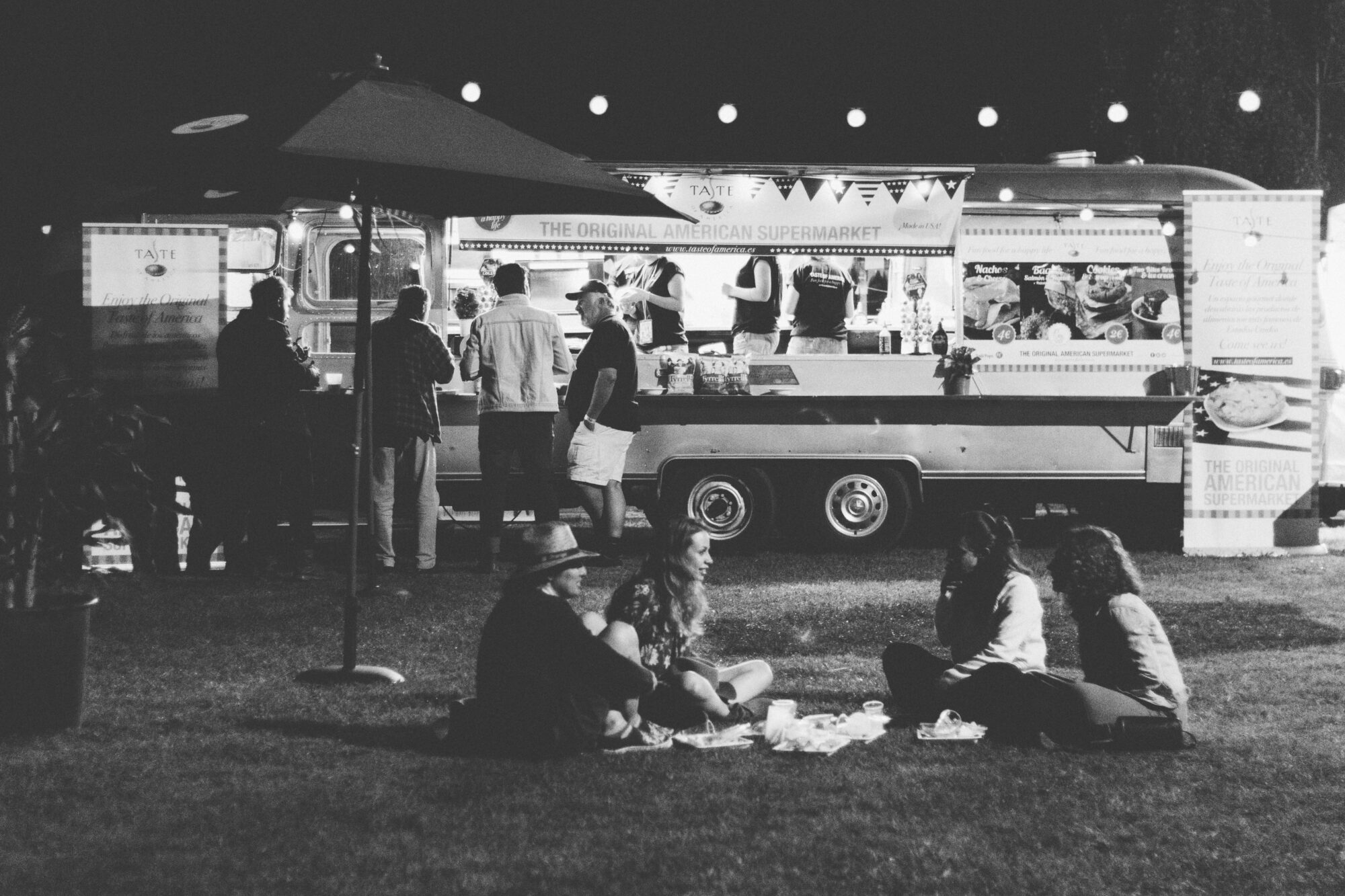This week in our series 'This Work Will Take Dancing," highlighting the writing of Latinx writers in the South, we expand our notions of resilience and resistance. Sometimes we protest in the streets, sometimes we resist simply by refusing despair, choosing instead to love and nurture the roots we come from, "el optimismo es también una forma de resistencia," writes Maria Vargas or sometimes we just have to "ride the mad currents of our love" as Maria Esquinca puts it in "Mexican Millennials," unsure of the future to come.
Read more from 'This Work Will Take Dancing' here.
Mexican Millennials
After Like This, Like That by Liz Wyckoff & Howl by Allen Ginsberg
We suck-hunch-suck ramen noodles for dinner. Don't answer
our mothers when they call us on the phone. Trap THC in the pits of our hair follicles. Build our parent's debt
out of concert tickets, fast-food, synthetic keyboards. Faintly know of 401Ks. Submit student visas, green card renewals, one N-400. We blacken the wide whiteness of a checkbox with an X.
Scrape against the walls that want us out. Walk
freely across bridges. Visit Juárez to drink cheap, dance cheap, eat cheap. Choke
a car with too many bodies as we drive through another militarized border.
Hug our palms with a big ass Michelada. Fill our mouths with regret. Dance to impress, dance to forget, unzip our spines. Beat our bones with music we like. Twist tongue to claim correctness. Answer the stoic, green, border patrol, man. Our brown friends go into a white room
for 20 minutes,
30 minutes,
an hour. Feed roses to our aching hearts. Miss real mexican food:
Elote en vaso. Burritos de barbacoa. Tripitas. Pack our fridge with craft beer, stale strawberries, one birthday cake bound to rot fuzz. Confess
twilight apologies after another 4am fight. Ride the mad currents of our love, a canoe swerving death and lightning like the aliens we are this country, long been in that country. Wake weary and greasy at 1 p.m. Shower mechanically in dirty tubs. Wipe our ass with stray napkins. Whack
our veins with coffee.Walk crazy eyed through our internal chasms of hope and anxiety, we angelheaded hipsters all batter bleak brain.
MI MADRE ESCRIBE
(porque el optimismo es también una forma de resistencia)
Mi madre escribe y envía jazmines
dormidos entre hojas de papelillo azul.
Yo, preocupada porque es tiempo de revolución,
quería saber sobre las guerrillas sandinistas
combatiendo en Masaya,
si tienen leche, bujías, jabón,
si han encontrado frijoles, pollo, pan,
sí mi hermano se reconcilió con su mujer,
cómo sigue la rodilla quebrada de papá
y a cuánto está el dólar en Managua.
Pero mi madre escribe sin mencionar
guerrillas, jabón, hermano, padre o pollo,
o las filas interminables por el racionamiento,
la escasez del agua o los estantes vacíos
de los supermercado llenos solamente
de cubos plásticos de Cuba
y aceite de girasol rancio de Bulgaria,
y con el eterno optimismo que heredó
de su abuela Máxima, quien se gastaba en lirios
los veinticinco pesos de su pensión,
me cuenta que ha escrito un poema
al rosado tembloroso de las buganvilias,
que una inmensa luna de agosto
se recuesta en su ventana
y que me envía su amor
en esos capullos envueltos en papelillo azul
del jazminero que mandó a sembrar
el día que yo nací.

